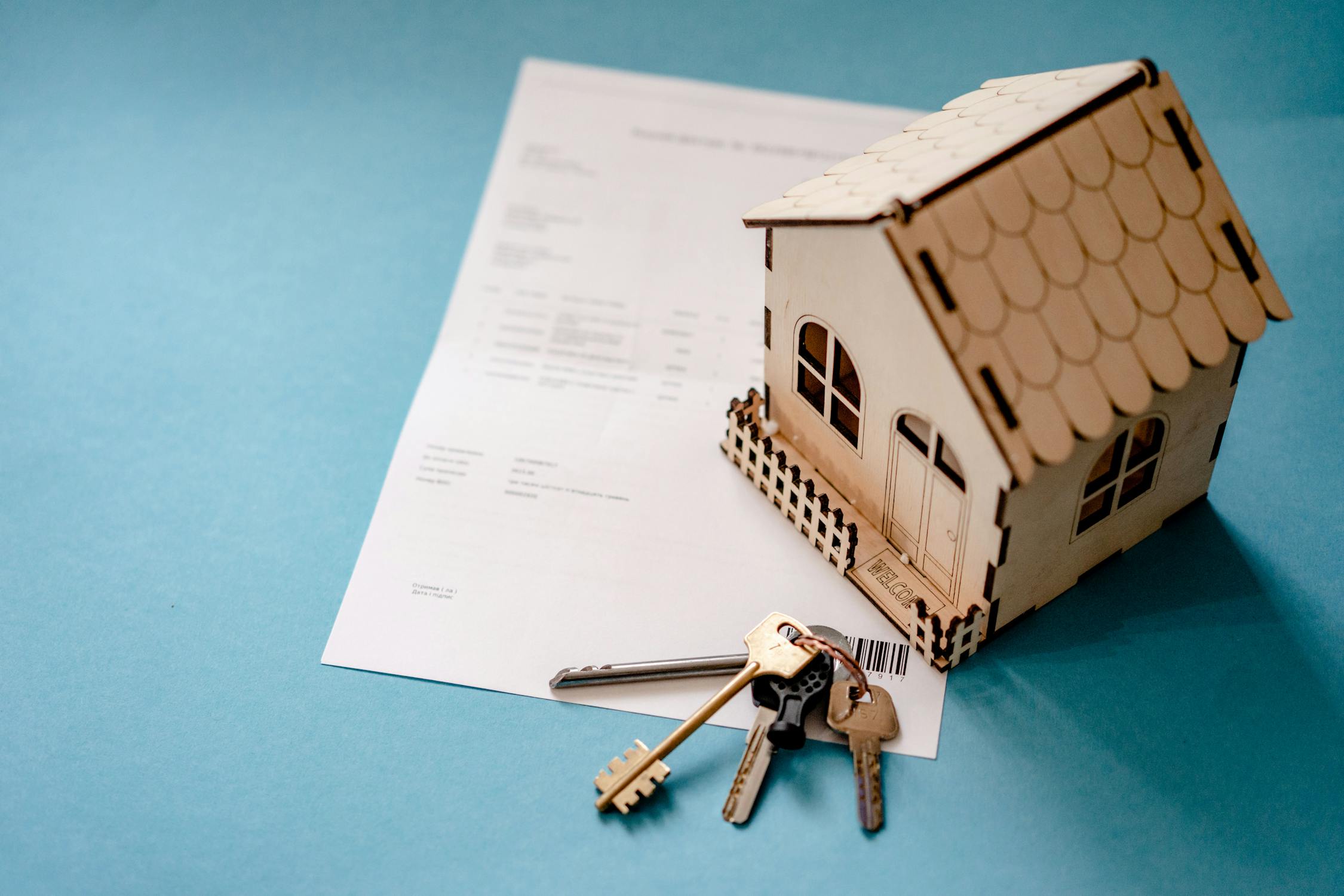
Ultimate Guide to Strata Management Software - Australia 2025
· Nathan Croxton · 4 min read
Apartment living is now a defining feature of Australia’s housing market. According to the latest Strata Insights 2024 report, there are more than 368,000 strata schemes and over 3.19 million lots nationwide. This accounts for at least 15% of Australians living in strata-titled or community-titled properties. The insured value of strata properties is estimated at nearly $1.3 trillion.
With such scale, strata managers need efficient tools to meet compliance obligations, keep committees informed, and maintain buildings effectively. Strata software delivers exactly that - specialised systems built for the complexities of strata living.
What Strata Software Does
Strata software serves many essential functions - from managing compliance and maintenance to handling finances and facilitating communication within strata schemes.
Typical features include:
- Trust Accounting – Ledgers, reconciliations, GST compliance, and audit-ready reporting
- Levy Management – Notices, arrears tracking, and automated reminders
- Meetings – Agendas, minutes, motions, and electronic voting
- Communication Tools – Resident and committee portals, bulk email/SMS, and mailhouse integrations for printed notices
- Maintenance & Contractors – Work orders, contractor compliance, preventive scheduling
- Reporting – Financial and operational reports for committees and audits
Trust Accounting Platforms
These systems form the backbone of compliance. They are primarily designed for professional strata managers and are almost always paid for by the management company.
- Strata Master (MRI Software, formerly Rockend) – Long-established, strong in trust accounting and levy management, widely adopted but considered legacy.
- StrataMax – The market leader in trust accounting, with extensive reporting and scalability for large portfolios. Higher cost and complexity.
- Urbanise Strata – Cloud-native, combining trust accounting with facilities management and automation.
- Property IQ – Developed for Australia and New Zealand, balancing full compliance with user-friendly design.
Workflow and Communication Platforms
While trust accounting systems ensure compliance, they often lack modern tools for daily workflows and committee engagement. Many managers (and some committees) add specialist platforms on top of trust accounting systems to improve operations.
- Onsite – Modern, Australian-built platform focused on contractor compliance, resident portals, and committee tools.
- SMATA – Integrates with Strata Master, improving workflow visibility and automating committee updates.
- Resvu – Focused on community engagement, communication, and facility bookings. Enhanced email experience for managers.
In some cases, the owners corporation funds these platforms directly, especially when they want to retain long-term access to data and maintain transparency independent of the strata manager.
All-in-One Platforms
A alternative approach is the all-in-one solution, combining trust accounting, workflows, and communication under a single platform.
- Stratasphere – Positions itself as an integrated end-to-end system, covering accounting, compliance, communication, and building operations.
- Intellistrata – Offers a unified platform for strata managers and committees, bringing together accounting, compliance, communication, and maintenance into one environment.
The appeal of all-in-one systems is convenience: one login, one data set, fewer integrations. However, they can lack depth in certain areas - such as issue reporting or detailed facilities management.
In practice, many strata companies are reluctant (or unable) to switch their trust accounting system, since it is so central to compliance and tied into their processes. This means that even if they trial an all-in-one platform, they may end up doubling up in some areas, running both the legacy trust system and the new platform side by side. In those situations, workflow and communication tools can provide a lighter, more flexible layer on top of trust accounting, without forcing a risky system switch.
Who Pays for Strata Software?
Payment models vary depending on the type of system:
- Trust Accounting Systems – Almost always purchased and maintained by the strata management company, with costs built into management fees.
- Workflow and Communication Platforms – Sometimes paid for by the strata manager, sometimes the owners corporation elects to fund these directly. This ensures committees retain access to communication records, data, and workflows, even if they later change managers.
- All-in-One Platforms – Almost always paid for by the strata manager.
Either way, the cost is ultimately borne by owners through levies - whether bundled into management fees or itemised as a separate technology charge.
Final Word
Strata software in Australia now falls into three categories:
- Trust Accounting Systems – Strata Master, StrataMax, Urbanise, Property IQ
- Workflow & Communication Tools – MyBos, Onsite, SMATA, Resvu
- All-in-One Platforms – Stratasphere, Intellistrata
Each has its strengths and limitations. Trust accounting systems guarantee compliance, workflow tools improve daily operations and resident engagement, and all-in-ones offer simplicity but may not go as deep in every area.



